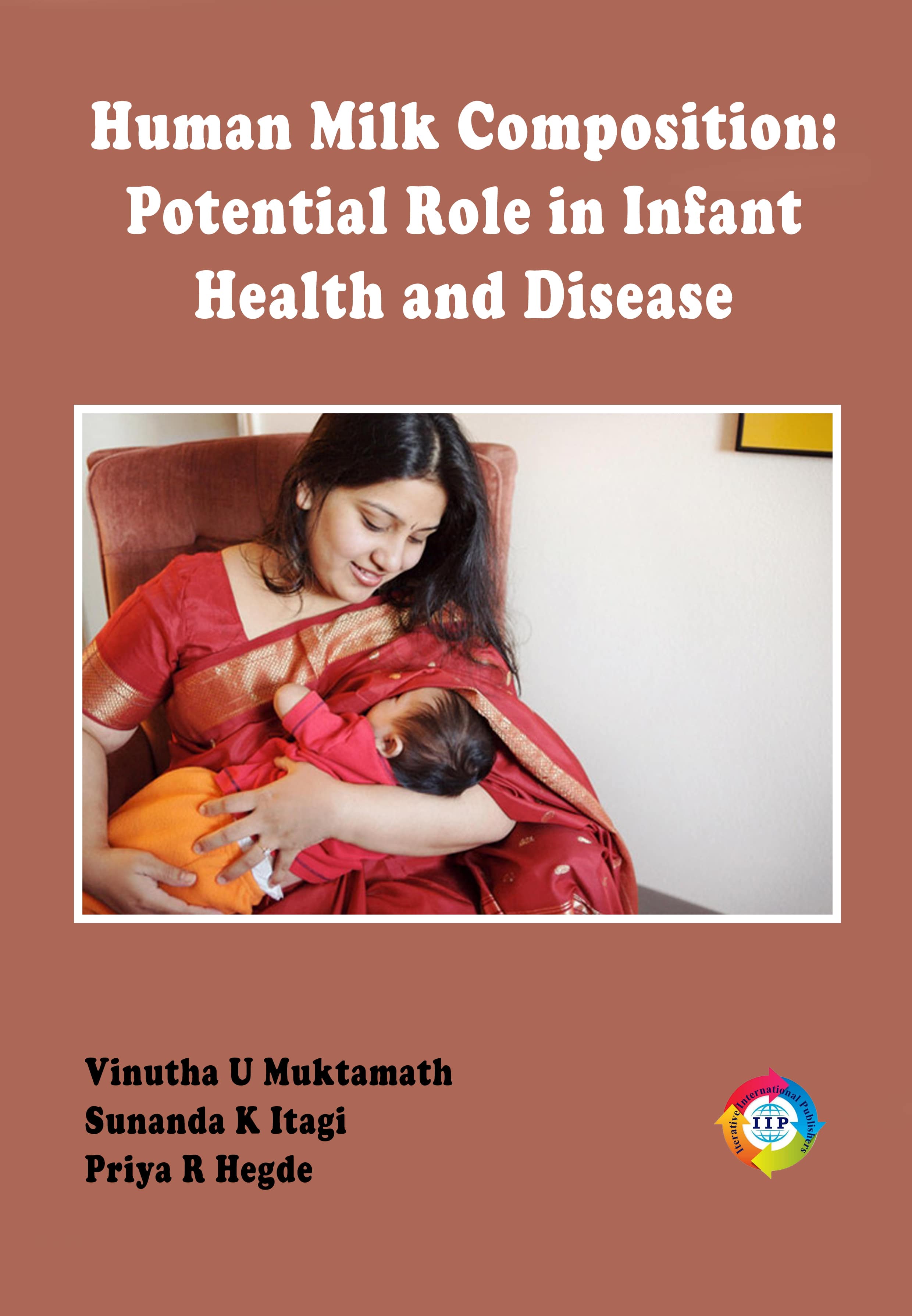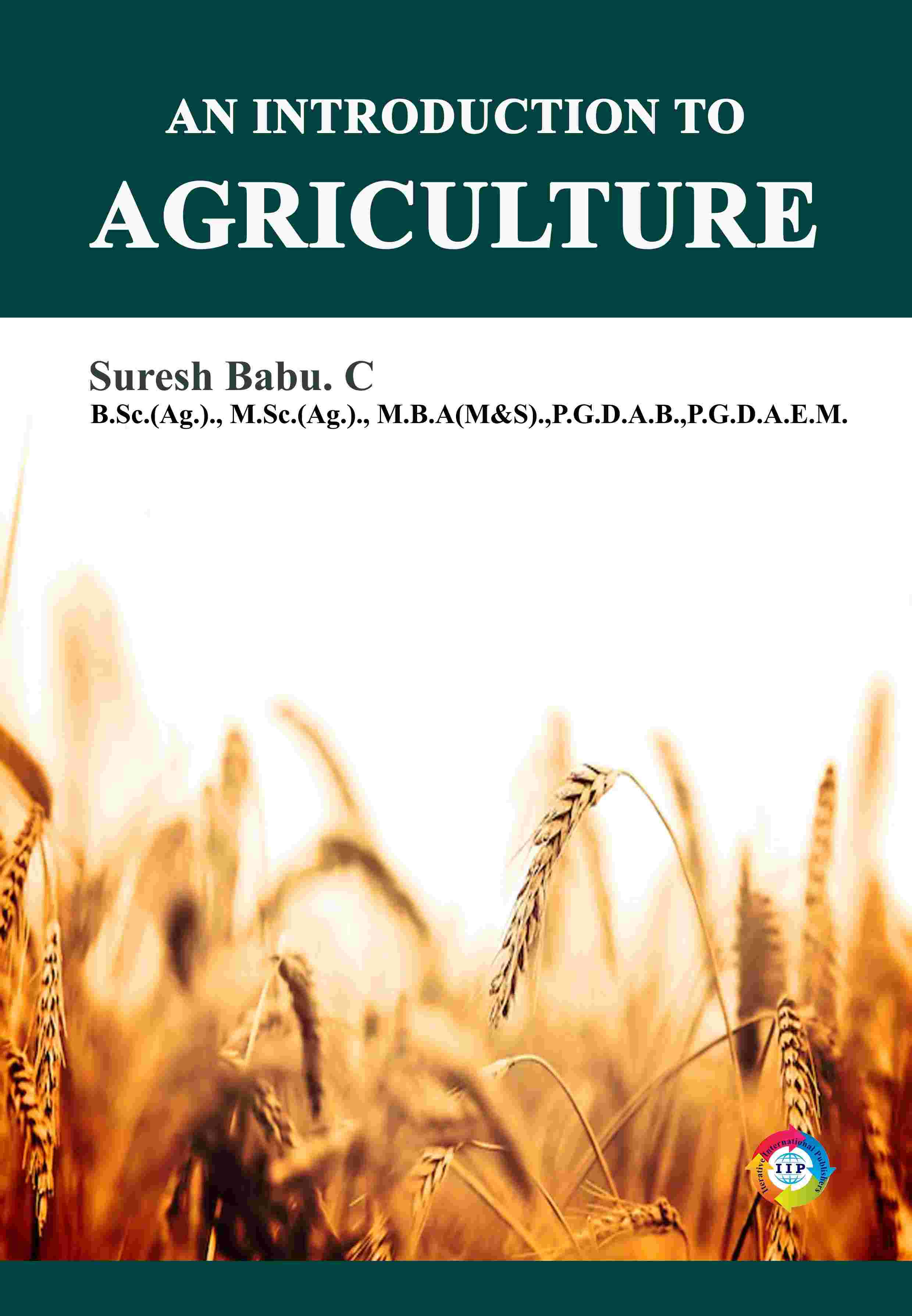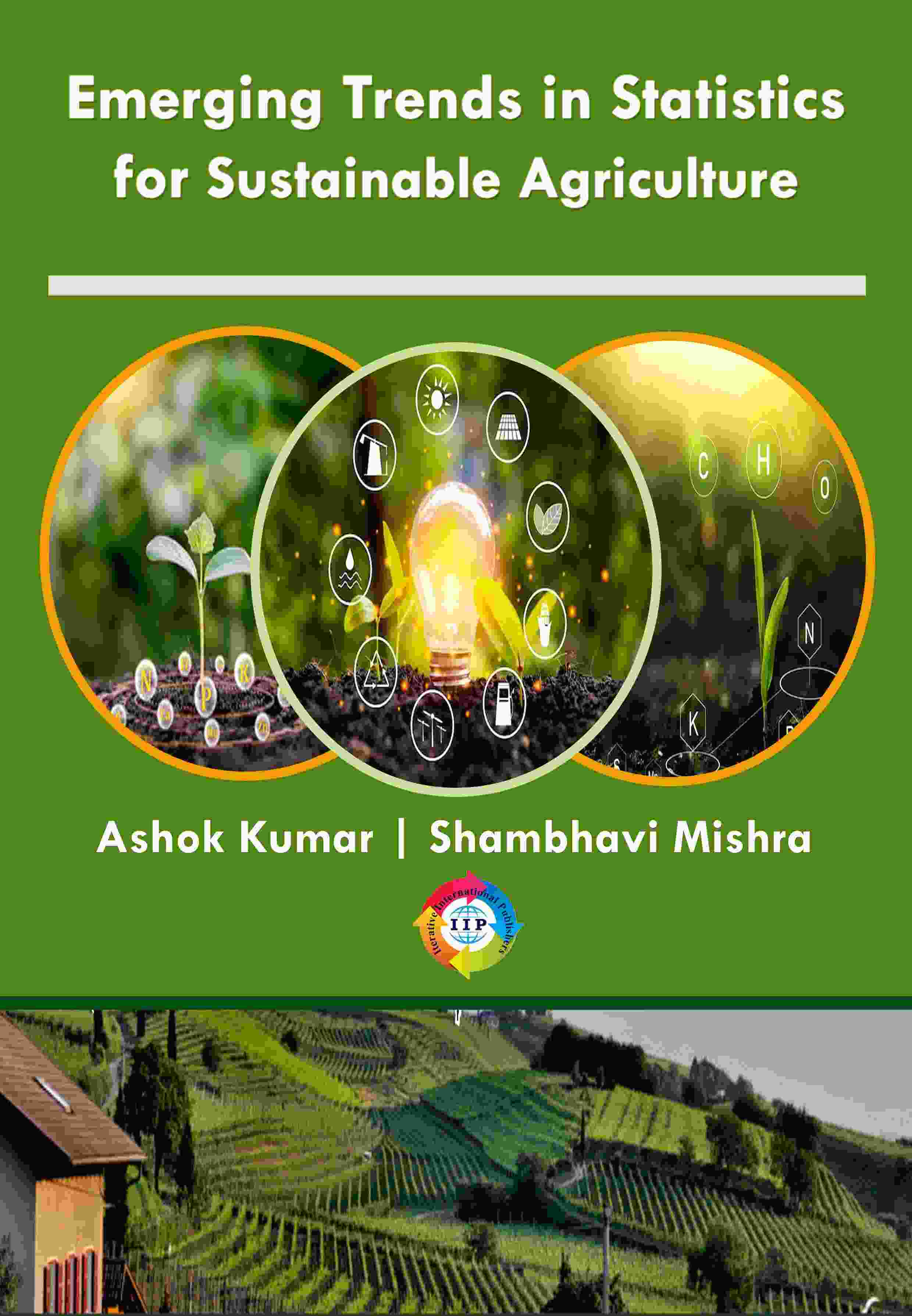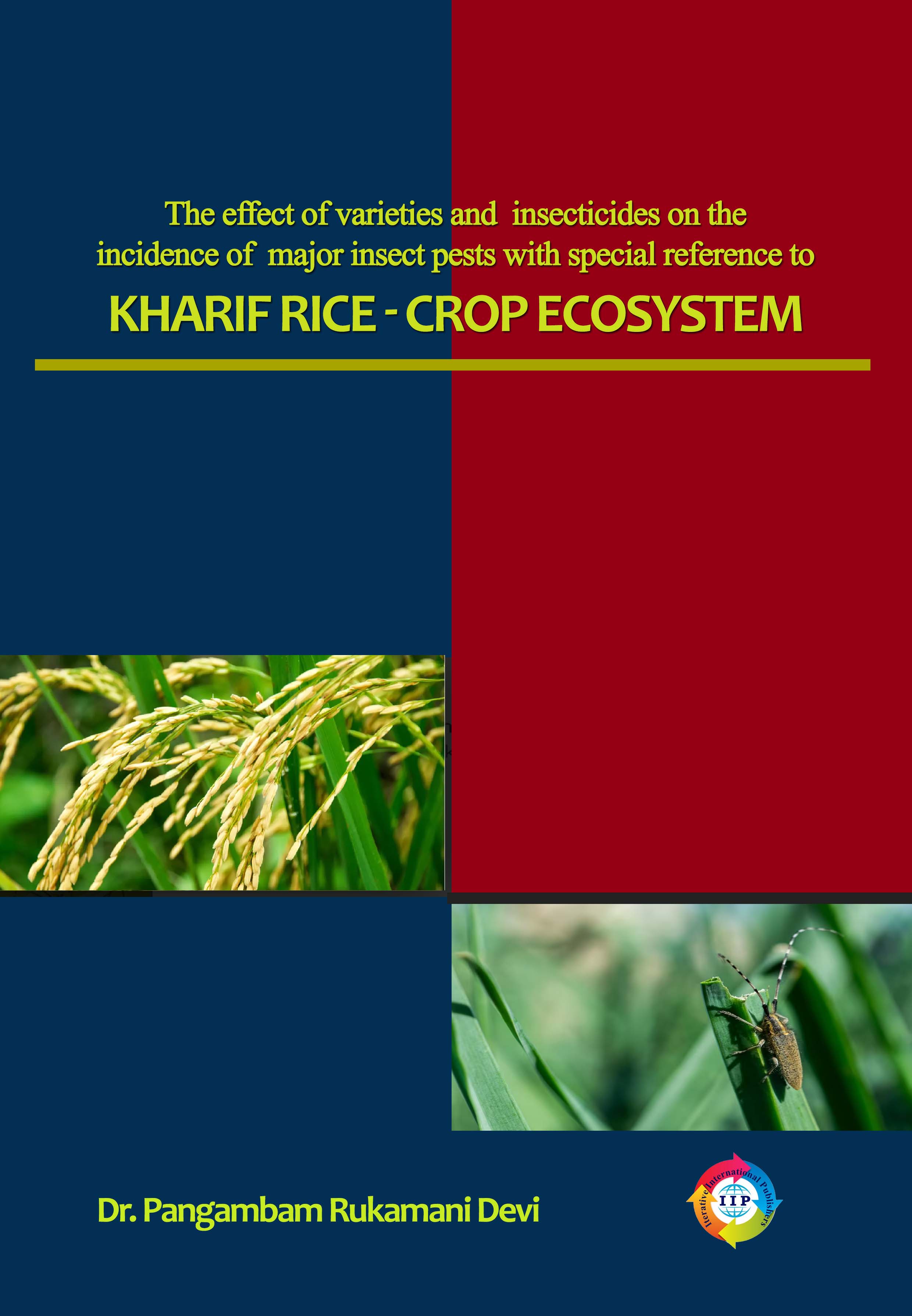
HUMAN MILK COMPOSITION: POTENTIAL ROLE IN INFANT HEALTH AND DISEASE
-
TypePrint
- CategoryAcademic
- Sub CategoryPhD Thesis/Thesis
- StreamAgriculture & Food Science
Breastfeeding is one of the vital concerns for research related to infant mortality and morbidity as childhood under nutrition is one of the most important public health challenges. Globally, there is consistent and substantial evidence that early, exclusive, and continued breastfeeding through 23 months significantly reduces neonatal and child mortality. The biochemistry of human milk encompasses a mammoth supply of scientific data and information. Human milk provides both nutrients and non nutritive signals to the neonate. Human milk is not a uniform body fluid but a secretion of the mammary gland of changing composition. Foremilk differs from hind milk. Colostrums differ from transitional and mature milks. Milk changes over time of day and as time goes by. As concentrations of protein, fat, carbohydrates, minerals, and cells differ, physical properties such as osmolarity and pH change. Many constituents have dual roles, not only nutrition but infection protect but infection protection, immunity, or a host of other effects. The book elaborately discusses the benefits and role of human nutrition in infant development.
**Note: IIP Store is the best place to buy books published by Iterative International Publishers. Price at IIP Store is always less than Amazon, Amazon Kindle, and Flipkart.





COMMENTS
No Review found for book with Book title. HUMAN MILK COMPOSITION: POTENTIAL ROLE IN INFANT HEALTH AND DISEASE